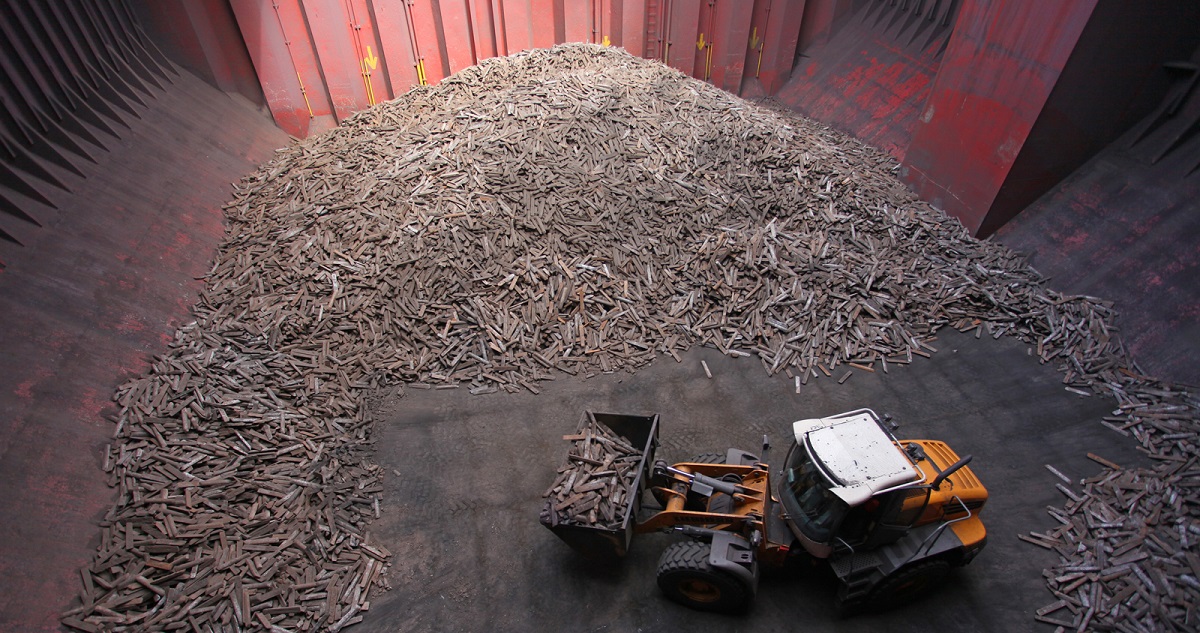
Lack of personnel is one of the problems of the domestic mining and metallurgical complex
Almost three quarters (74%) of employers in the country are experiencing a shortage of staff. These are the findings of the Ukrainian labor market survey conducted by the European Business Association in partnership with Tetyana Pashkina, a labor market analyst.
Another 17% feel a partial shortage of staff, while 7% said they do not feel it.
The list of vacancies that are currently the most difficult to fill, according to HR professionals, includes middle and senior managers (director, manager) and production staff.
Among the problems that currently exist in the Ukrainian labor market, respondents name the lack of talent, mobilization, the outflow of qualified personnel abroad, employee burnout and fatigue, the unwillingness of recruiters and employers to cooperate with candidates aged 40+, and the redistribution of labor within the country (concentration of candidates in safer regions).
Among other things, the disproportion between the salary expectations of candidates and the financial capabilities of businesses and the official employment of persons liable for military service (due to the risk of being mobilized) were also mentioned.
At the same time, 72% of the survey participants confirmed that their companies plan to increase salaries in 2024. As noted, 39% of HR professionals reported that it is expected to be 11-15%, 28% – by 6-10%, 13% – by 16-20%. Only 2% of respondents wrote that the company plans to increase salaries by more than 21%. These data coincide with the CEOs’ plans and forecasts for increasing employee salaries, as outlined in the EBA Business Forecasts 2024 survey.
The survey involved 109 HR professionals (49% department heads, 24% middle managers, 26% top management, 3% junior staff). More than 60% of the participants represent international business. 50% of companies are large businesses, 43% are medium-sized businesses, and 7% are small businesses. The survey was conducted from February to April 2024 and covered the period of August 2023 – April 2024, and participation was anonymous.
It is worth noting that the problem of staff shortages is also raised by the Ukrainian mining and metals industry.
In particular, Vitaliy Pakhomov, HR Director of Interpipe Group, said in an interview with Forbes Ukraine that with the start of the full-scale invasion, staff turnover decreased slightly, amounting to 12% in 2023. However, the company is facing a constant staff shortage at all production sites. The company employs 9.5 thousand people, but in fact, about 8 thousand are working: 950 employees are in the Armed Forces, 600 are on parental leave or other long-term leave.
Vitaliy Pakhomov also noted that the labor market in the frontline regions has narrowed significantly due to mobilization and emigration of the population to regions farther away from the war.
According to the group’s forecasts, the situation may become even more acute. Although Interpipe’s businesses have critical infrastructure status, the company can only book 50% of its employees who are liable for military service. In the current environment, it is not easy to replace mobilized employees, especially in Nikopol, where the staff shortage reaches about 25%.
Tatiana Petruk, Director of Sustainable Development and Human Resources at Metinvest Group, said that in addition to the challenges posed by the economic downturn during the war, logistics and domestic demand, the business faces another important problem: a shortage of staff. In her opinion, the current booking system is not flexible and does not allow for the recruitment of new employees. In particular, potential candidates choose shadow employment because of the possibility of being mobilized at the stage of employment. This bureaucratic problem can be solved by allowing companies to donate a certain percentage of their staff for the year.




